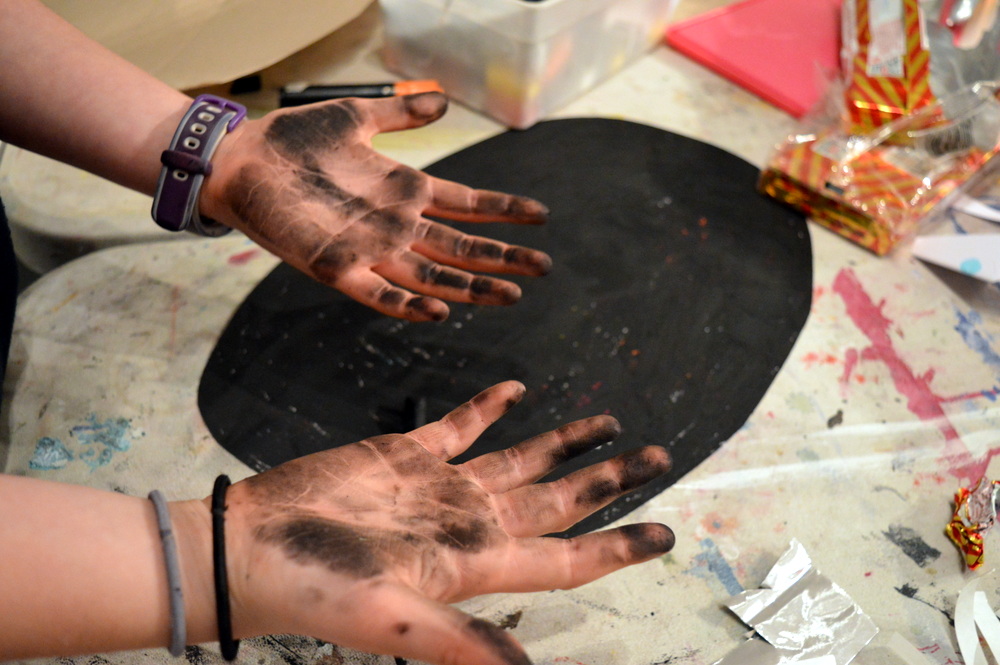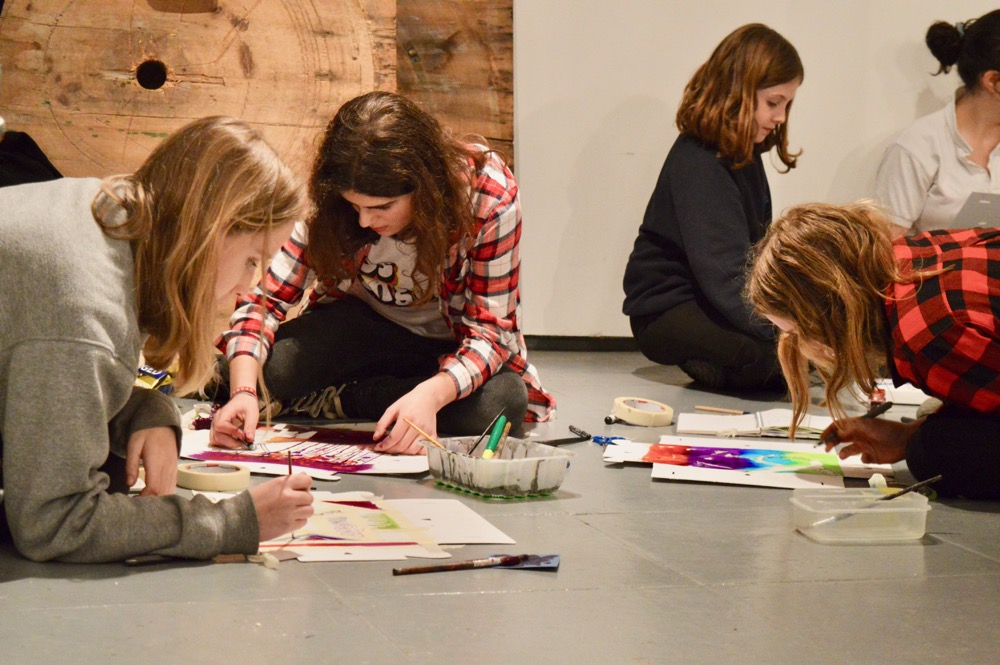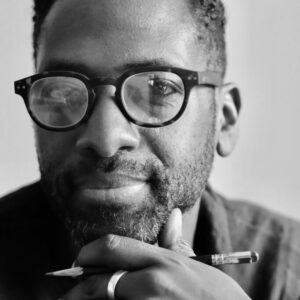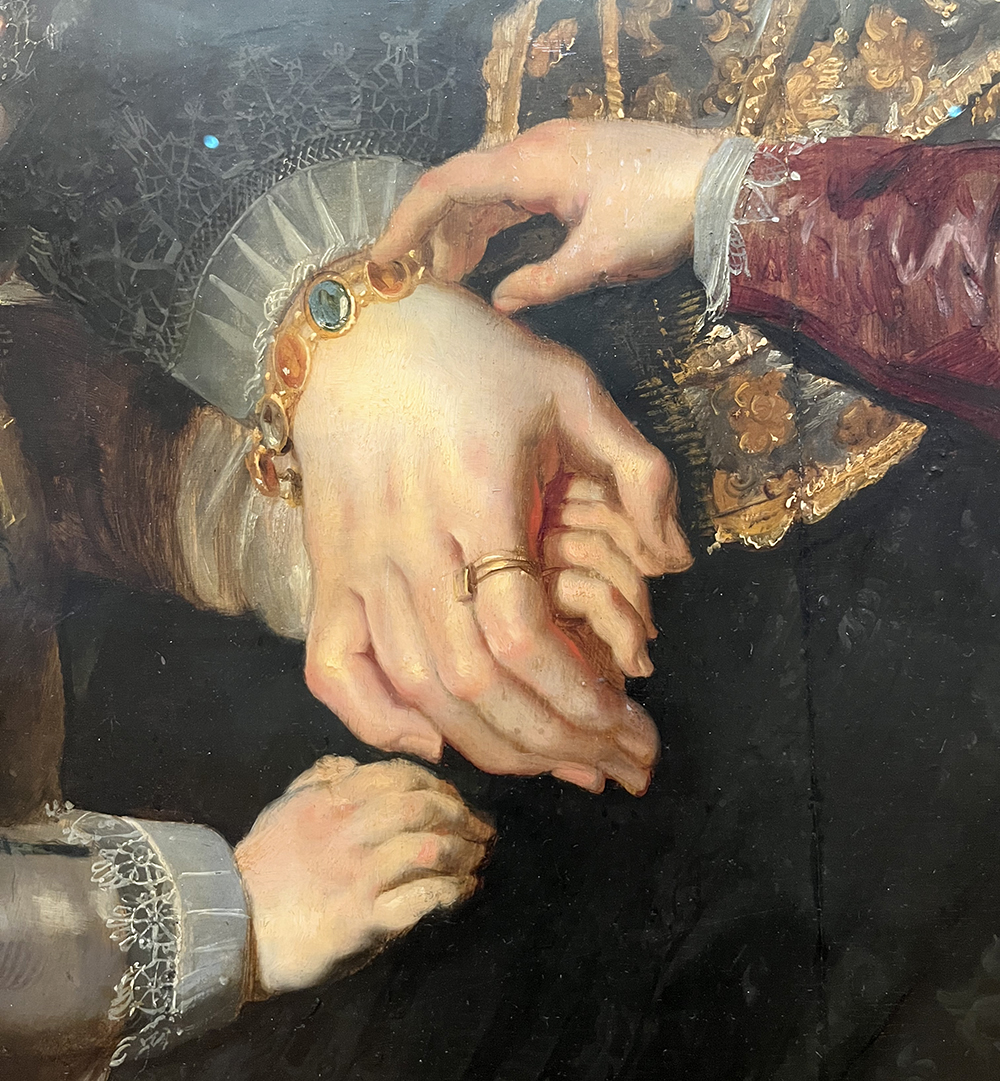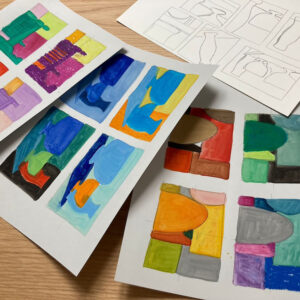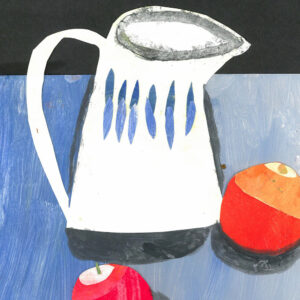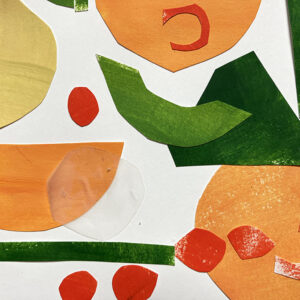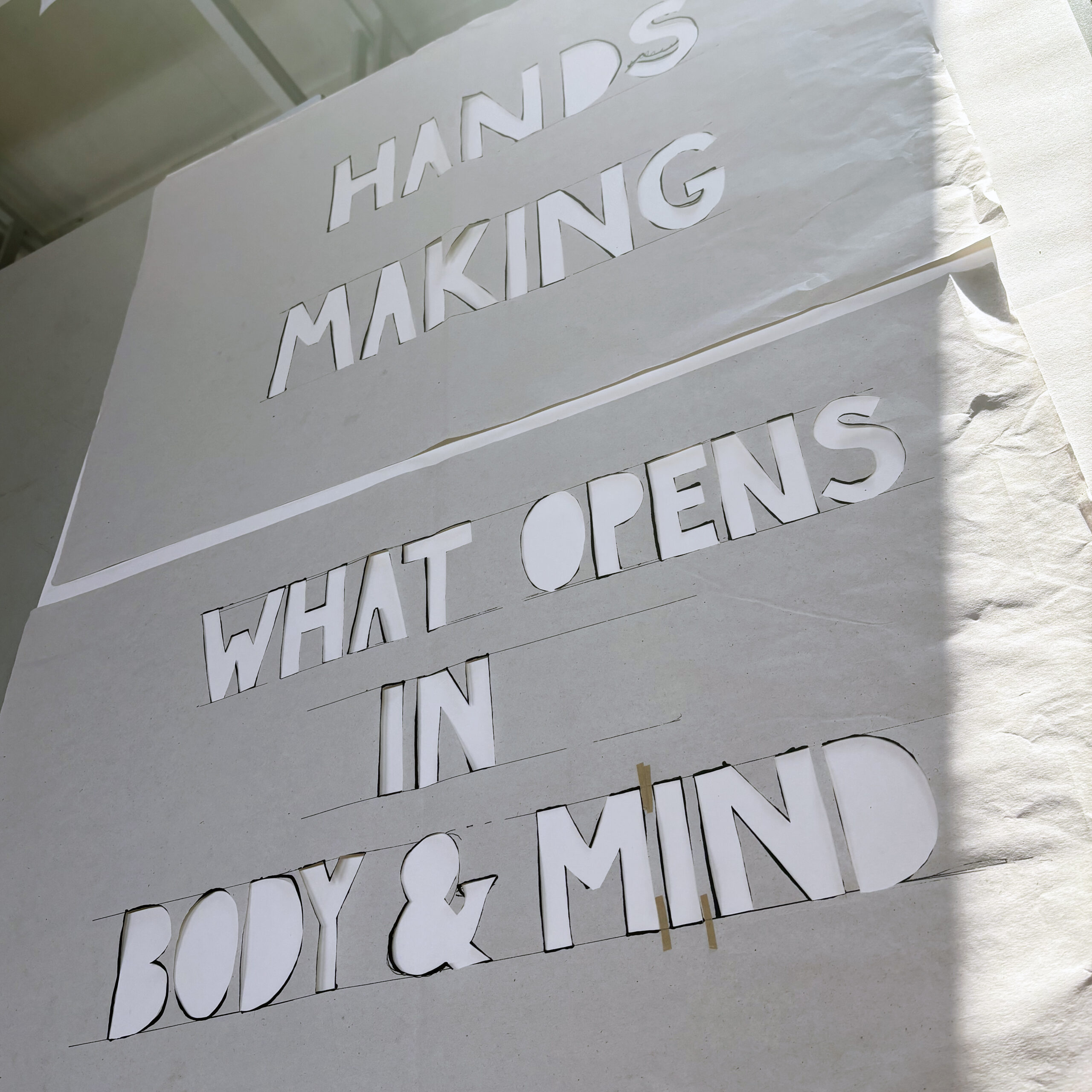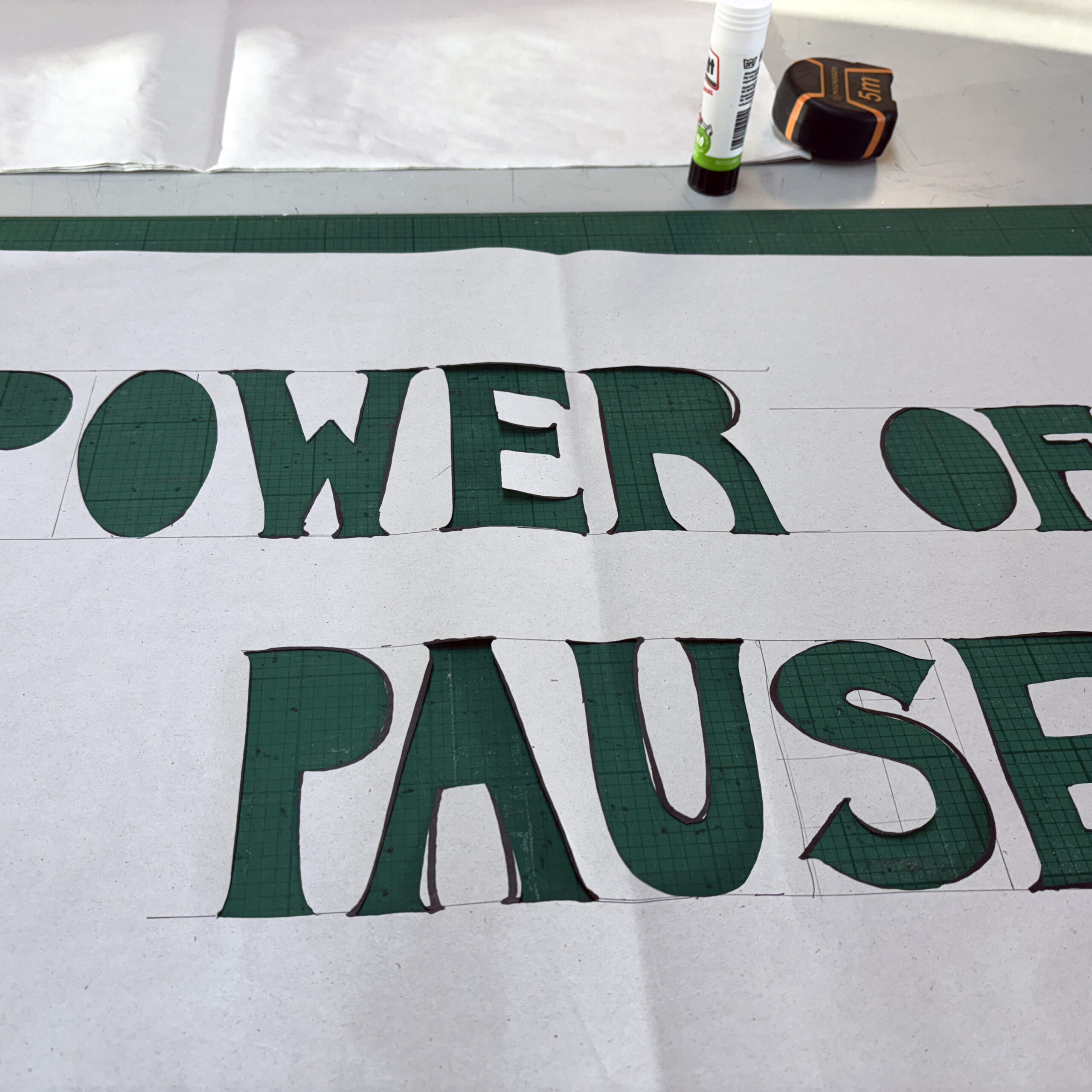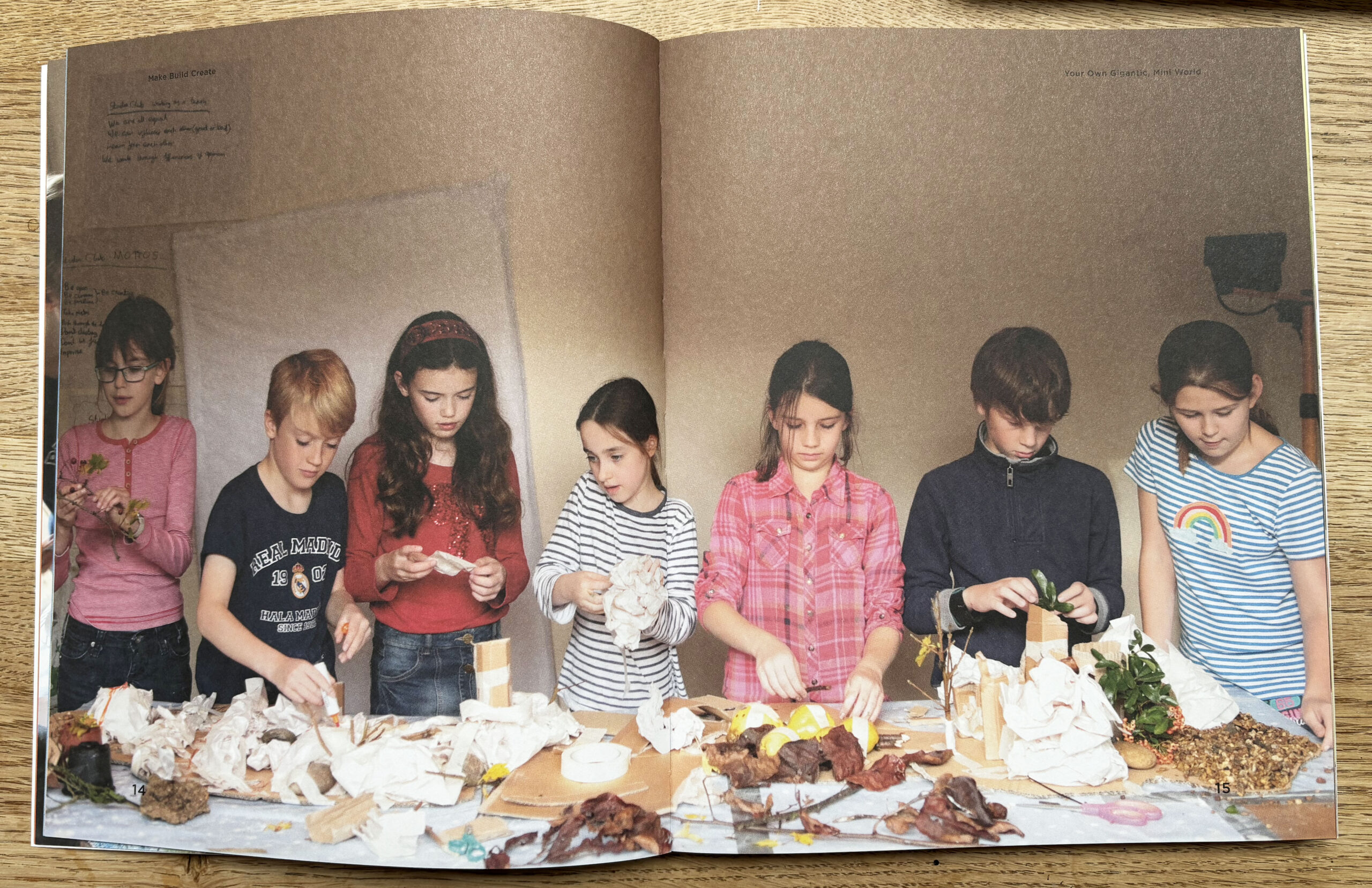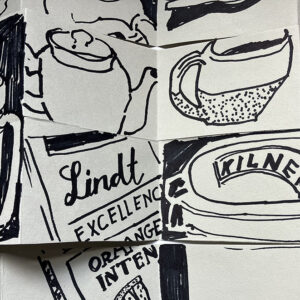This Fair Processing notice refers specifically to AccessArt’s use of your personal data collected through our open letter of March 2025. We will use your personal data to include your name, organisation and/or interest in the open letter (if you select this option).
We collect four types of information about you:
- Your name
- Your Title
- Your interest in the issue
- Your email address
Your name
- We ask for your name so we know to whom to address communications.
- We ask you for your name so we can identify who has signed the letter.
- We ask you to specifically opt in for us to share your name, you can choose to remain anonymous.
- We intend to publish this letter on our website and social media accounts.
- We are also seeking publication in the national media.
- The letter may also be reproduced in international media.
- If you opt in for us to share your name you will be identifiable in all these environments as a signatory to this letter.
Organisation or job title
- We ask you to supply information relating to your job title or organisation (if applicable).
- This information may appear alongside your name when the letter is published if you opt in for us to share your name.
Interest
- We ask you to select your role when signing the form (Teacher, Creative or in Industry). You do not have to choose one of these, but it will help our understanding of who is signing the letter if you choose to do so.
- This information may appear alongside your name and title when the letter is published or will be shared as an alternative to a name or title if you opt to remain anonymous.
Your email address
- We ask you to supply your email address so we can stay in touch with you about this campaign by electronic means.
- When you give us your email address, you are giving us your consent in accordance with data protection legislation to receive electronic communications from us about this campaign.
- We will not share your email address with any other party (except for data backup purposes with our appointed contractor).
Retention
We will retain your information for as long as this campaign is active. We will delete securely any personal data we hold once we decide to close this campaign.
If at any time you wish to unsubscribe from our emails, please let us know. Please contact info@accessart.org.uk or use the ‘unsubscribe’ option in the emails that we send you. If you have any questions or concerns about this issue or AccessArt’s approach to data protection, you can read the AccessArt’s Privacy Policy.
Data controller details
AccessArt is a company limited by guarantee, incorporated in England and Wales under company number 36882 is a data controller. Our registered office 6 West Street, Comberton, Cambridge,CB23 7DS. Please contact our Business Manager via alison@accessart.org.uk if you have any queries.
